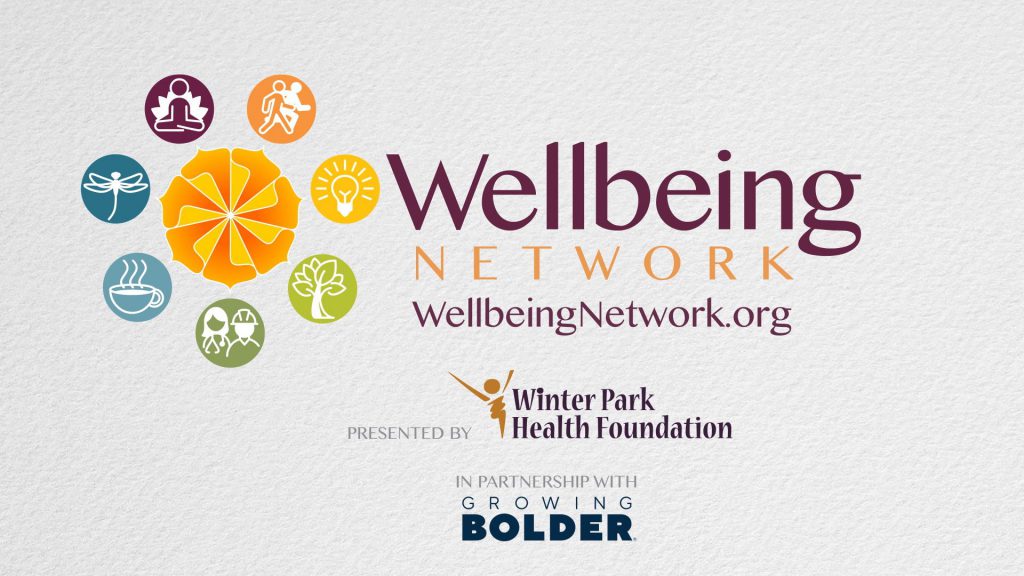BLOG – The Power of Journaling
Posted April 8, 2020 | By lkist


The Power of Journaling
For the last several weeks, I awake every morning and ask my husband what has developed over night. Eight out of 10 times there are new developments and changes. It seems that every day our expectations for “normal life” changes. Oftentimes the lack of certainty and control over our lives can create anxiety in both ourselves and our families. We are navigating new waters. We are learning how to handle being at home constantly, figuring out “distance learning”, and limited in our social interactions. These new concepts challenge our expectations and create anxiety.
We can relieve some of these feelings of uncertainty and provide us with better mental health outcomes for our future selves by participating in new activities aimed at increasing our mental health. One activity is journaling. Journaling has been shown to be an effective way of coping with stress and anxiety. Journaling has been used widely, by varieties of people — from our country’s founding fathers to modern-day children experiencing challenging times.
Journaling has many different forms. You can make it fun, creative, and fulfilling—not just writing out your feelings — although, this is very effective too. Keep reading, I’ll outline a number of different ways to engage in journaling and maybe you will find one that suits you and your family. But first the nerd in me first wants you to understand why it’s important.
In a number of research studies, journaling has shown to provide benefits in both emotional and physical health. Individuals that journaled about a stressful event showed a better mental health outcome in a long-term study than those who did not journal. Further, parental journaling has been shown to improve parent/child relationships. Another study found that journaling students showed an increase in academic grades in a math class compared to their counterparts that did not journal.
Phew… research done! Now, how does it apply to you? And how do you get your child to do this when it might already be difficult to get them to do distance learning? I wish I had a magic wand for this, but instead I have several ideas that I use and have found effective that make journaling more interactive and fulfilling.
Everyone is different and the way that we handle emotional experiences is different, so I encourage you to try different several methods of journaling to see which works best for you:
- free expressive writing
- prompt writing
- expressive art
- collages
- photo journaling
Here’s More on Each:
Free Expressive Writing: This is journaling your thoughts and feelings towards your experiences. This could be done daily or every few days. You are expressing your feelings and describing the events that led to them, through written words and/or storytelling. I encourage you to try to include how your body feels in the moment. This will help to “externalize” your emotions, which is very important.
Prompt Writing: This method provides a prompt to guide your writing. This allows you to express your emotions and gives you guidance on how to begin the process. There are several different books that you can use that have prompt journaling. There are also different websites that you can use. You can google “Journal Prompts… (you can include, for kids, teens, stress ect). Below is a web-site for you to try that is for stress and anxiety:
https://www.createwritenow.com/journal-writing-blog/10-quick-journal-prompts-to-calm-your-mind
Expressive Art: This is using different mediums to create. Drawing, painting, playdough, clay, coloring, Legos can help children and adults express emotions through creativity. This can be done freely or with prompts, meaning they can create on their own or be given a topic. If having trouble thinking of something to create, having a prompt is a good way to get things going. I really encourage letting children create on their own first, whenever possible. If your child starts drawing or creating things that are “dark” – that’s ok and actually healthy. They are processing their anxiety in a different way. It can be disturbing and scary as a parent, but it really can be normal in these times. Try not to shame them for expressing themselves.
Collages: To do this you find pictures and words that match what you are feeling or who you are. You then cut and paste those images to a piece of paper. As people we have so many different aspects as to who we are and it’s important to acknowledge and understand ourselves and process how this new time is affecting us. We also change constantly, so noticing your own change can be interesting and hopeful.
Gratitude Journaling: Gratitude has shown to physically change the brain! During this time finding and looking for things that you are grateful for can be challenging. It is also super important. Writing down or taking pictures of something that you are grateful for on a daily basis can improve your outlook.
Photo Journaling: This is a technique that might be less time consuming and more encouraging for many. Photo journaling can take many different forms. You can journal how you are feeling based on pictures that you are taking. You can also use it for gratitude and take random photos of things that you are grateful for. For me, there is a bird that randomly shows up to a local pond, and every time I see it, especially in the rain and cold, I am thankful. I am not sure why, but I am and I keep the picture nearby.
Sometimes journaling can be intense and at first the emotions might become too much. Pay attention to your body, your dreams and your needs. Take a break if it is too intense. Start slow.
Although things are very different right now, like many phases in our life, this too will change. We can get through it together.
This blog was authored by a CHILL Counselor. Supported by the Winter Park Health Foundation, CHILL— Community Help & Intervention in Life’s Lessons —is a free counseling program for students in the public schools serving Winter Park and neighboring communities who need help with issues such as grief and loss, divorce, low self-esteem, anger management and depression.



